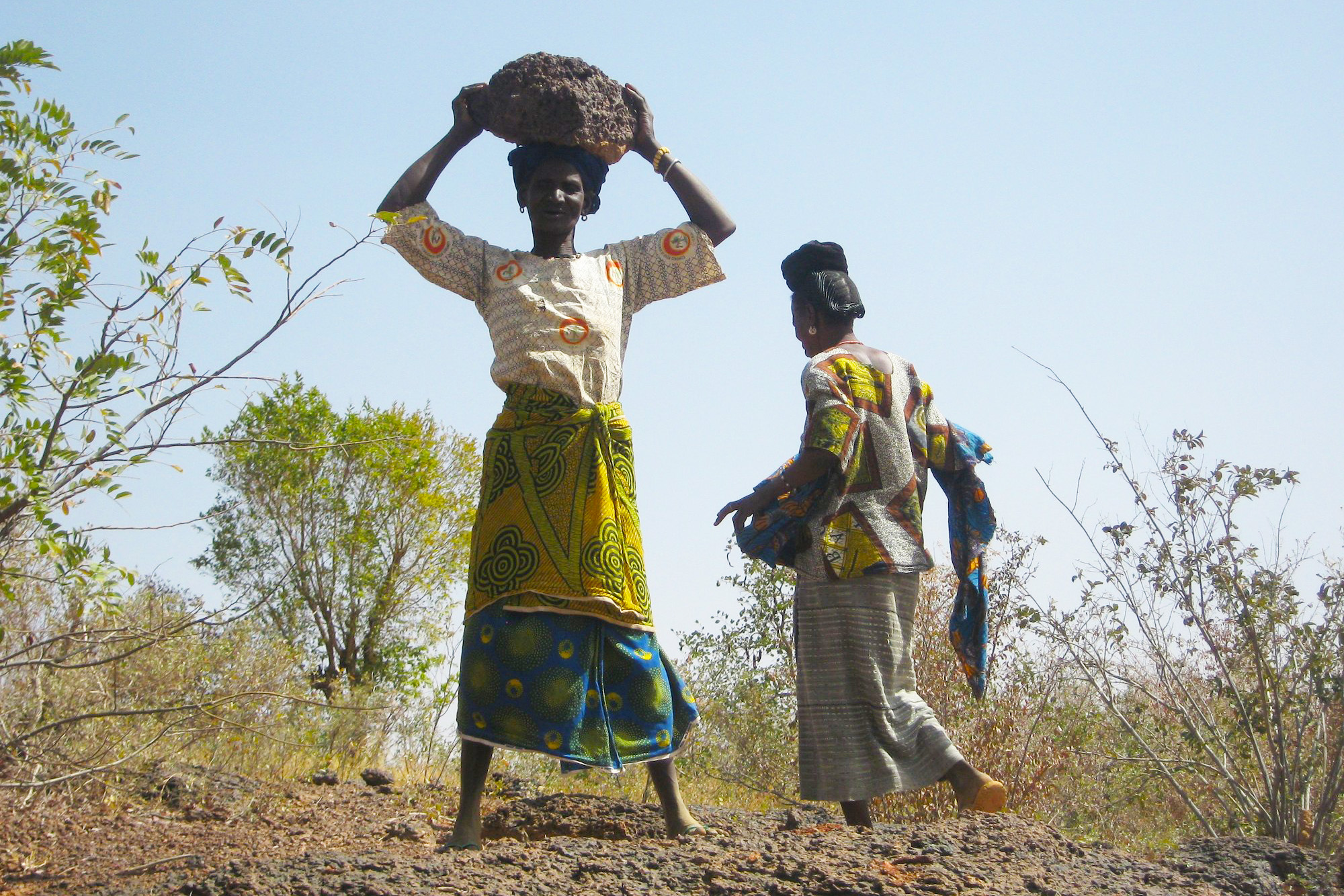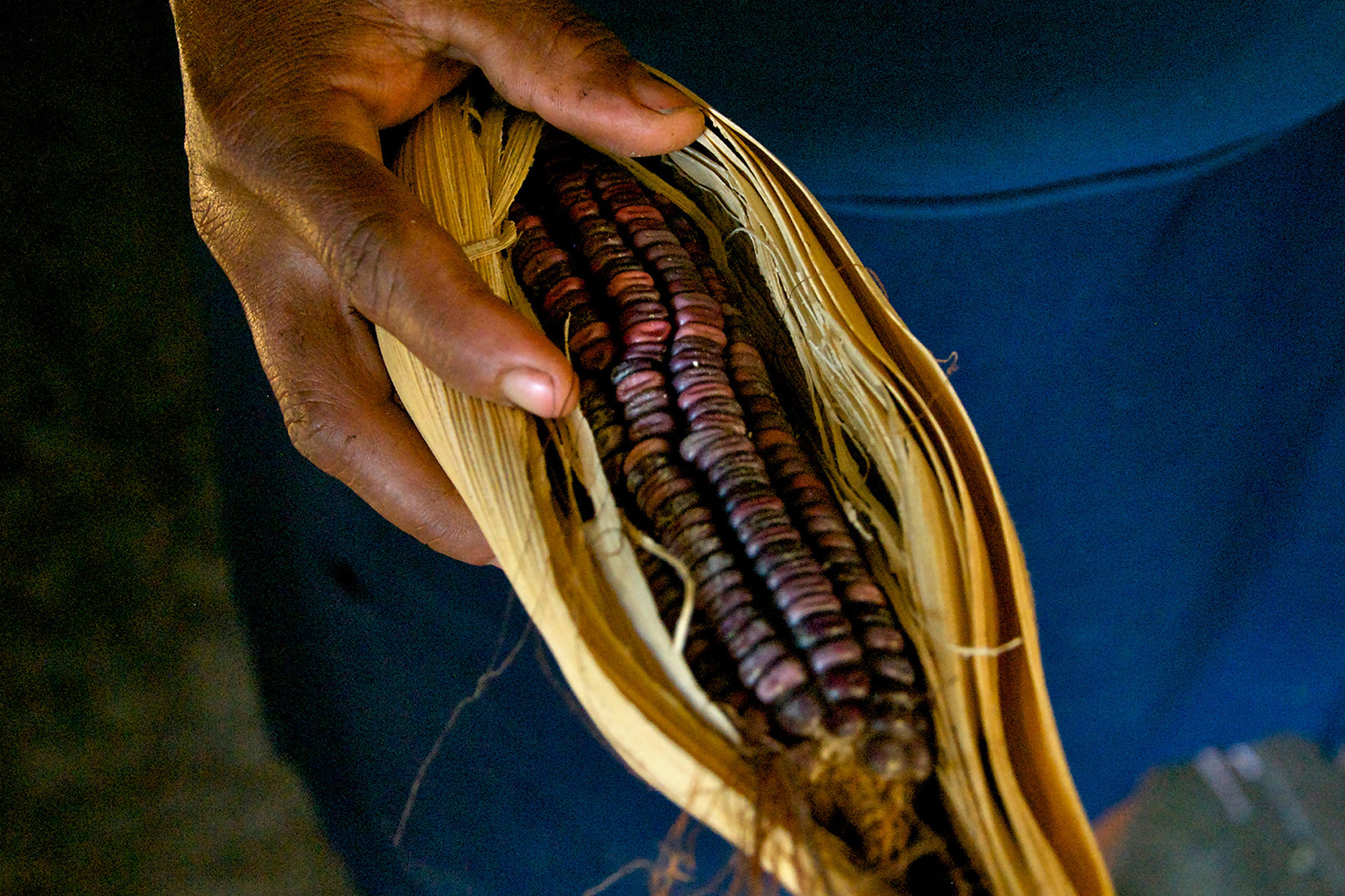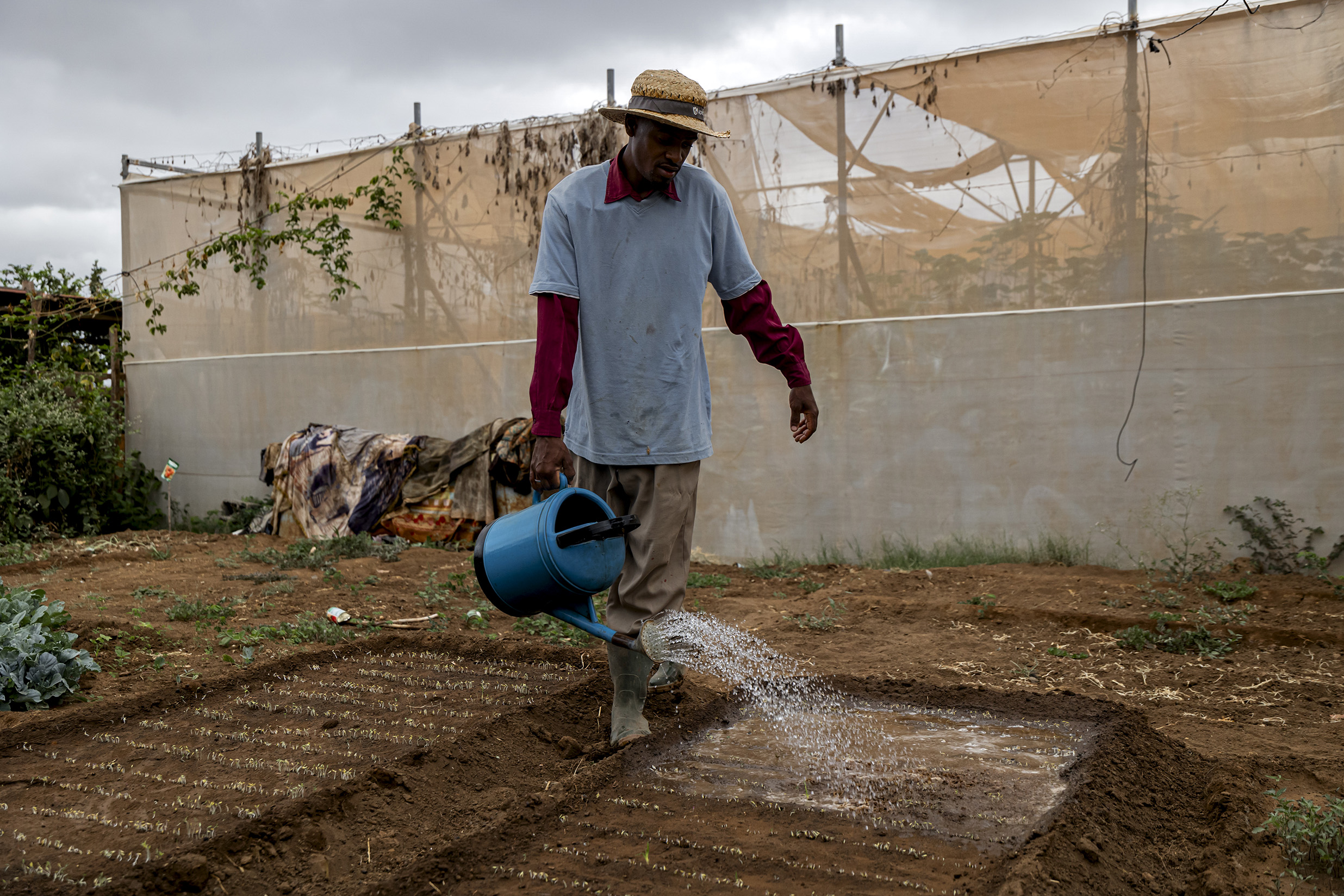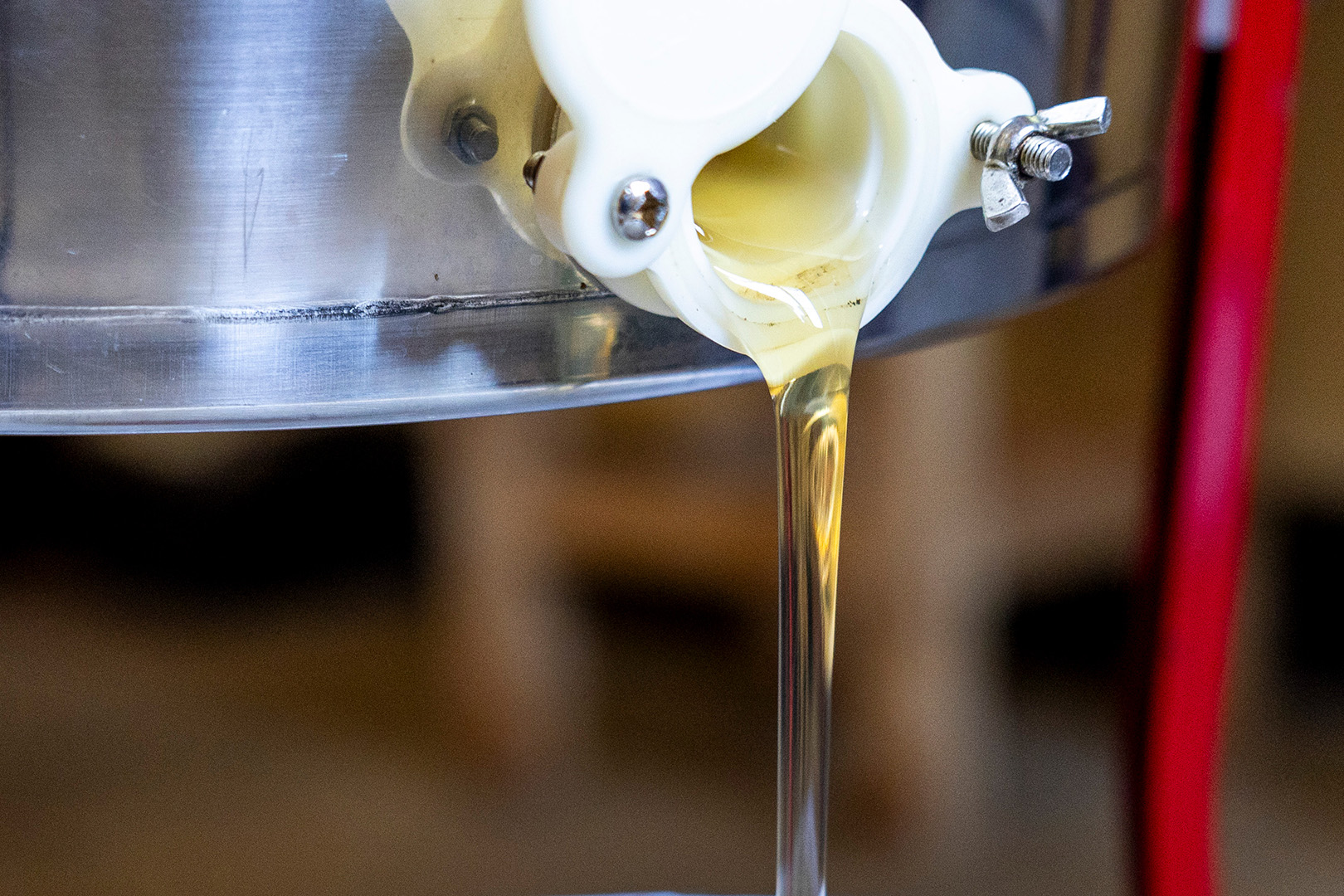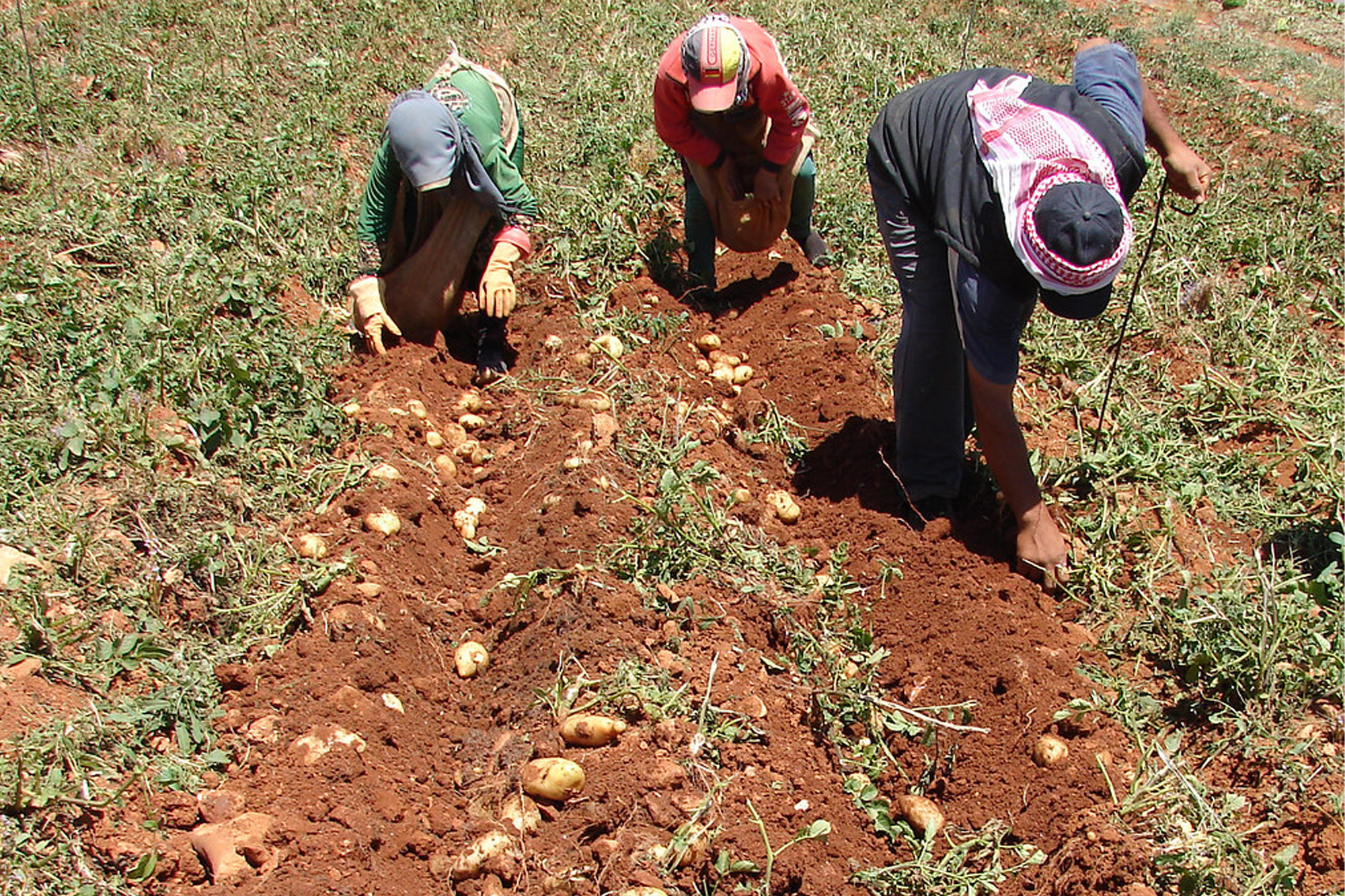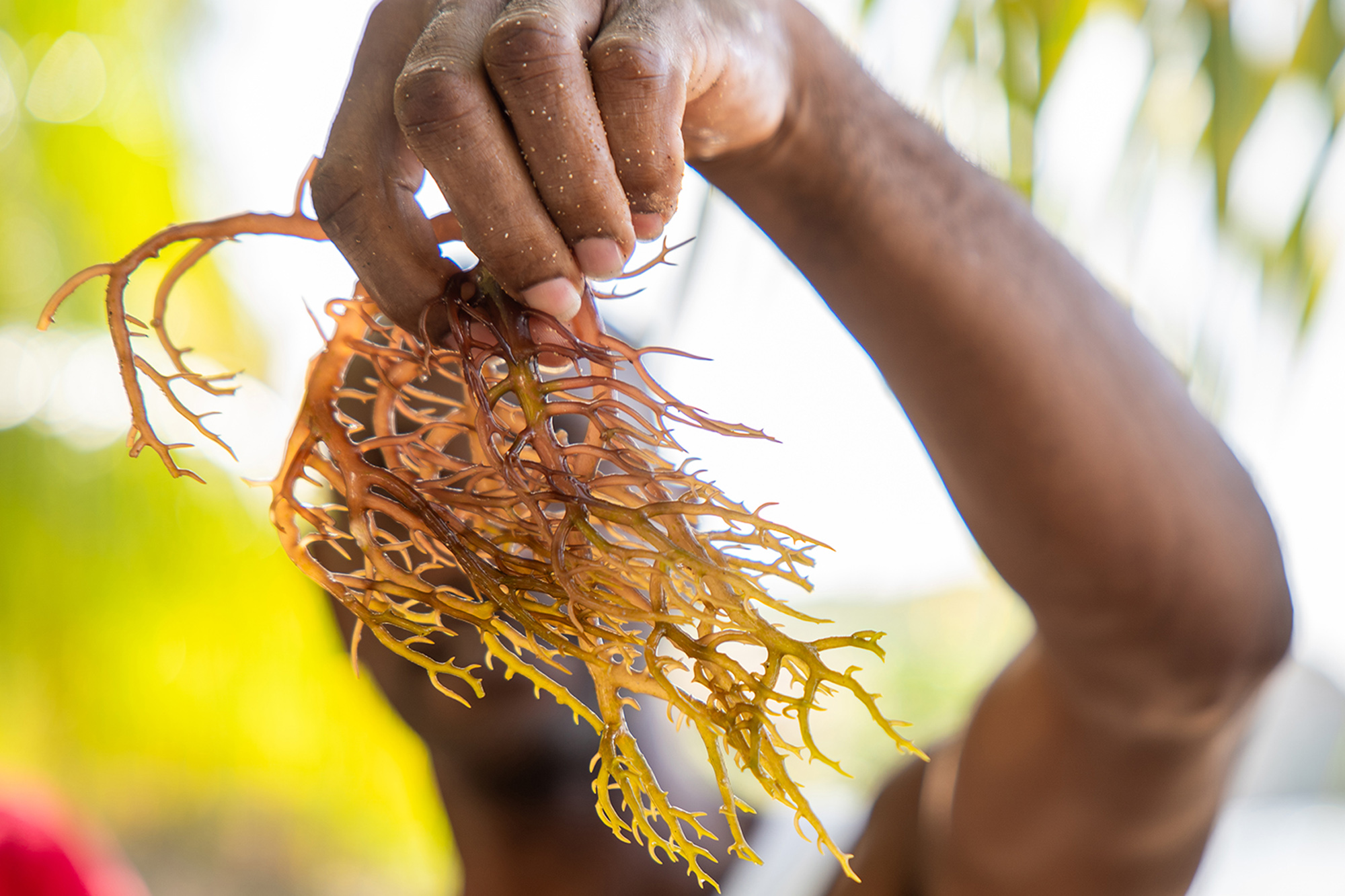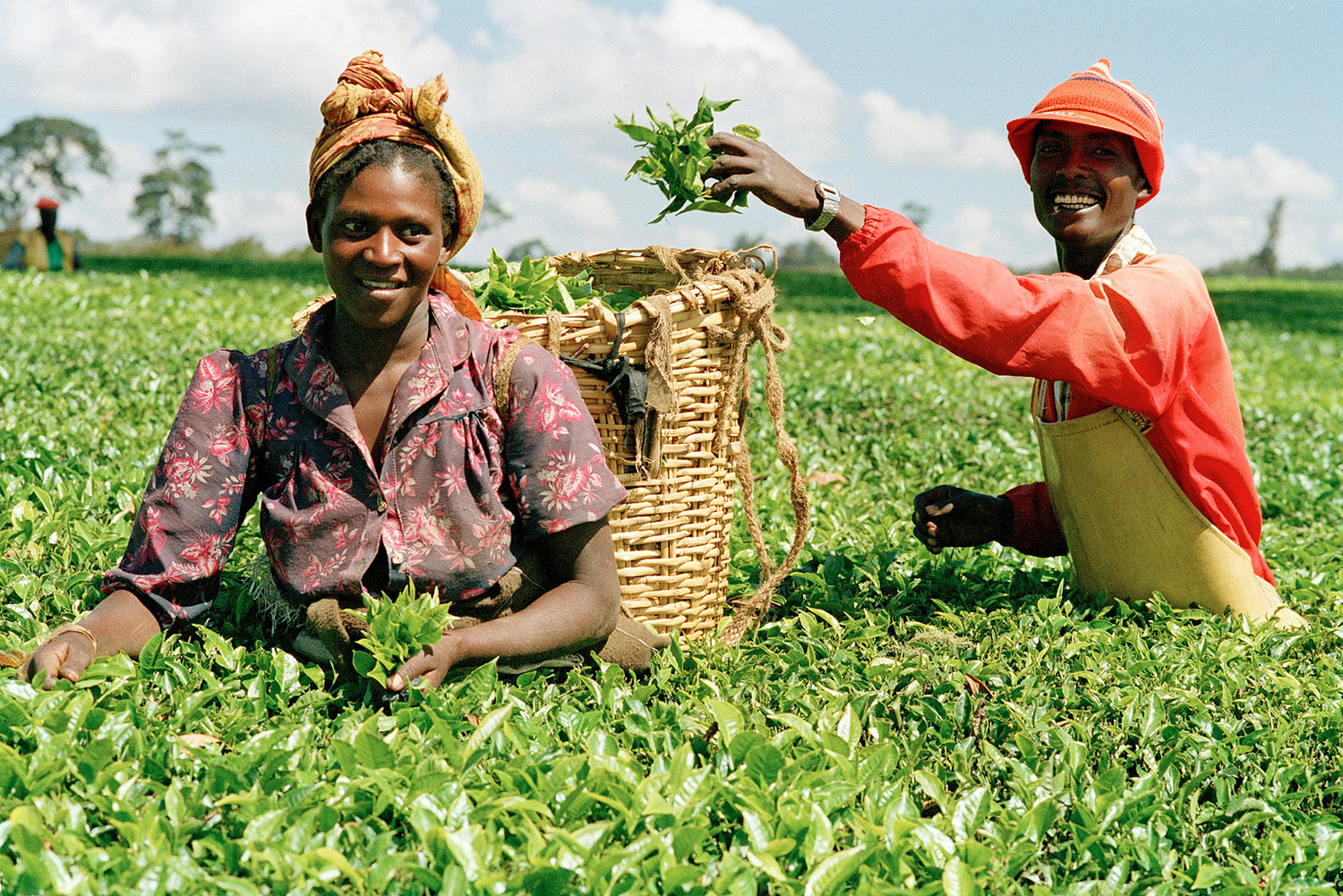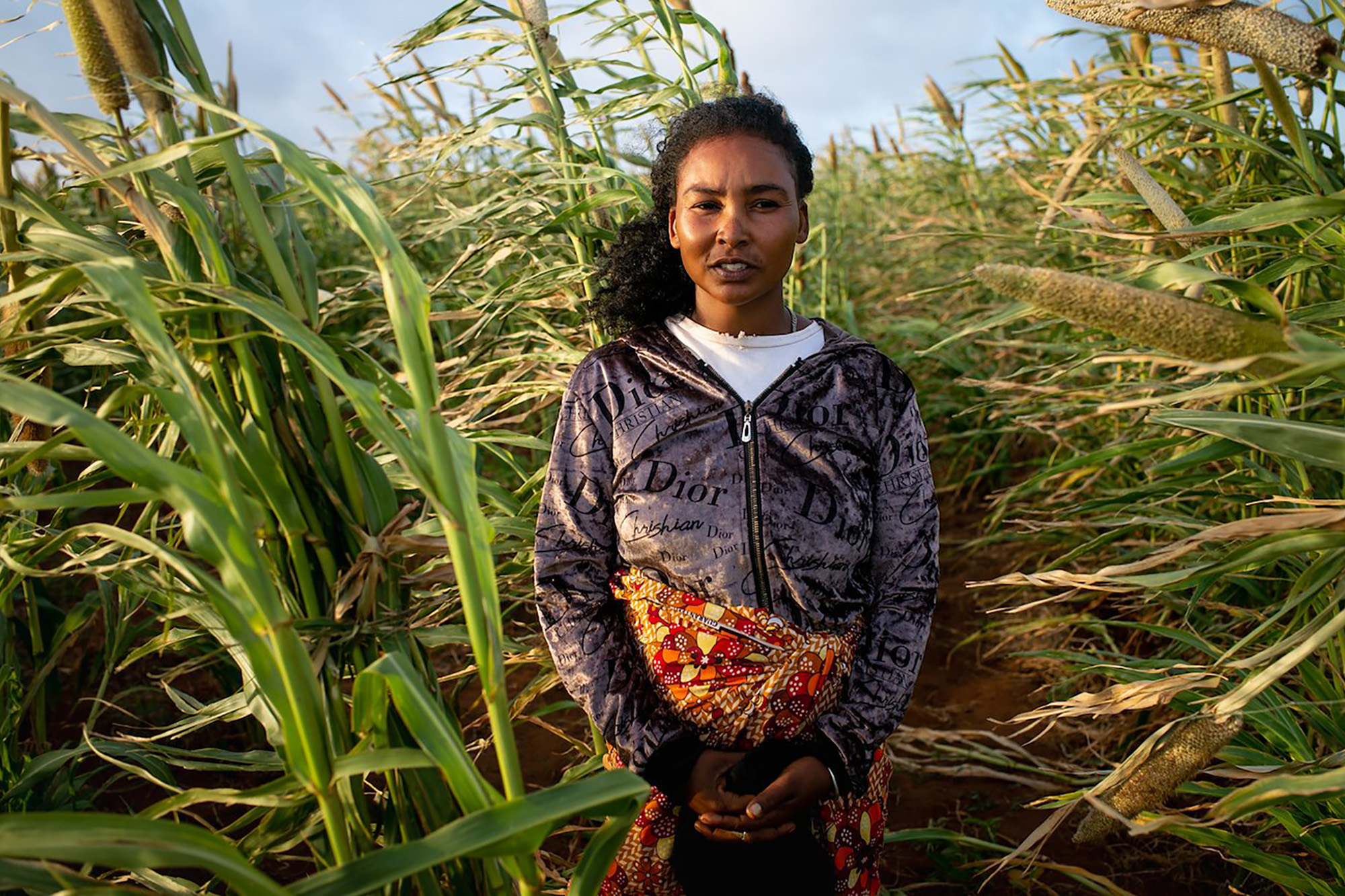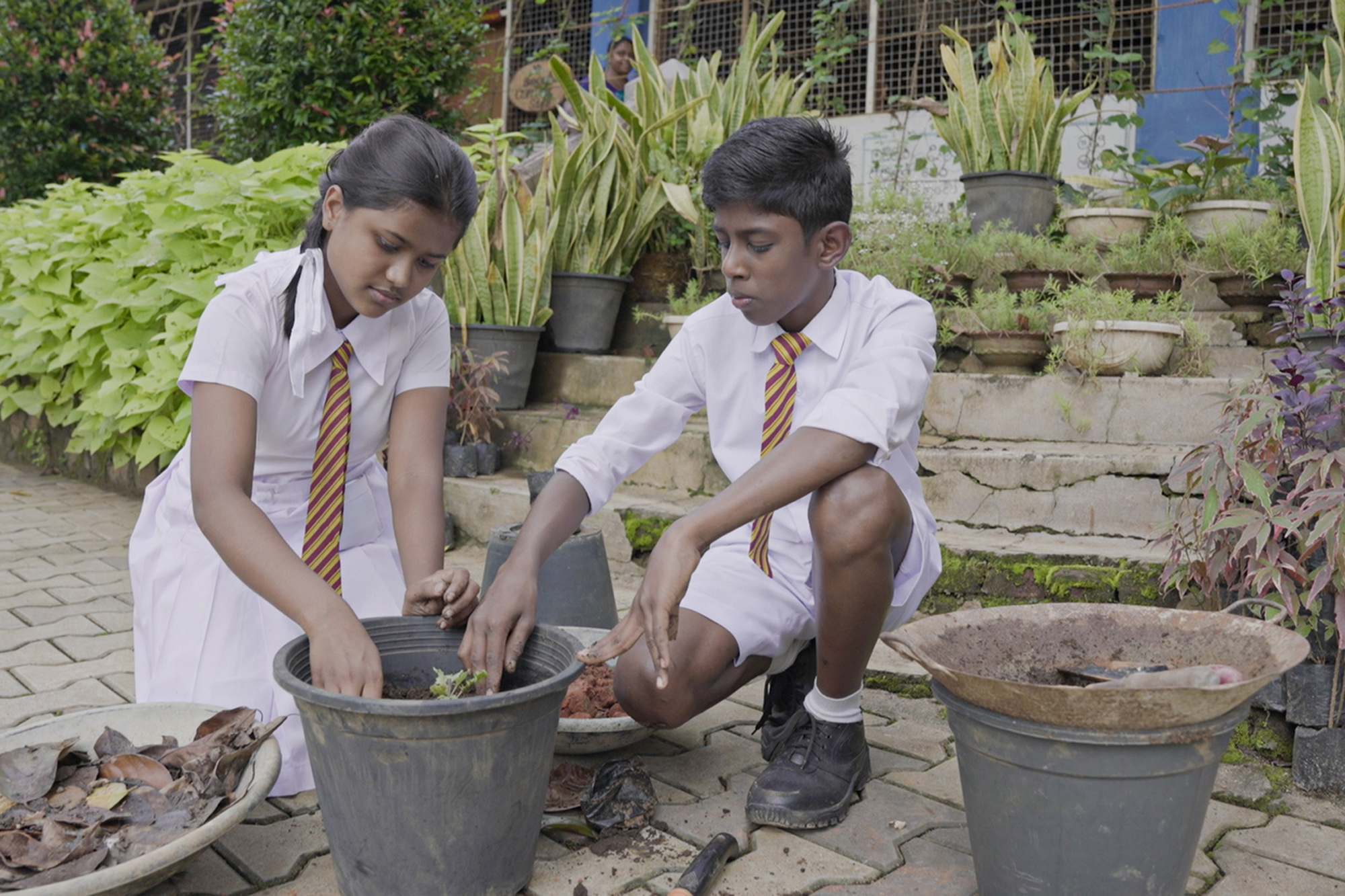Due to the decreasing availability of pasture brought on by worsening drought in the southern Gobi region, camels are producing less milk, causing difficulties for herders who rely on this for income and nutrition. The herder communities in Mongolia, traditionally, do not feed their camels with any supplemental feed and only hand-milk their camels. But now with the knowledge and resources from An EU-funded project, implemented by FAO, camel herders have witnessed the increased production in milk from supplemental feed. Milking equipment has also increased quality in milk production.
Agriculture and Food
In Brazil’s semi-arid northeast, farming faces significant challenges due to climate change. Erratic rainfall and shifting harvest periods impact the region. Soil degradation prevents it from retaining water, nutrients, and microorganisms. To cope, farmers often overuse fertilizers, pesticides, and scarce water, perpetuating a damaging cycle. However, micro-, small, and medium-sized enterprises (MSMEs) in Rio Grande do Norte are making a difference. Tiago José Souza, a Cooperxique Cooperative member, practices agroecology to boost productivity while nurturing the soil. The cooperative’s organic certification programme ensures high standards without costly private certification.
In Albania, agritourism is flourishing, driven by the stunning Vjosa Wild River National Park and its untamed river valleys. The Lile family farm and restaurant, located near the Bënja thermal baths, offers Albanian and Greek cuisine, wine, and traditional raki. With tourism doubling from 2016 to 2023, there’s a growing demand for quality local food and services. By fostering agritourism, Albania aims to create market opportunities and boost rural development, addressing interrelated sectors like agriculture, tourism, and culture. FAO is supporting the country’s vision for improving its agrifood system and increasing prosperity in rural areas.
Ariljska malina, a plump, vibrantly coloured raspberry, is one of Serbia’s crown jewels. Farmers in the region developed a now decades-old growing and harvesting technique that, along with the area’s microclimate, contributes to the raspberry’s taste and quality. The raspberry is the area’s only commercial product, driving the area’s economic development. It is also one of more than 9,000 geographically protected foods worldwide, with geographical indication (GI) status. FAO and EBRD support to producers helps ensure continued promotion and protection of these products.
Burkina Faso's economy relies on subsistence agriculture, mainly cereals like sorghum, millet, corn, and rice, but faces challenges with low crop productivity due to land degradation in the northern Sahelian zone. In 2018, residents of Kirsi established the Wendpanga Simplified Cooperative to address land degradation and desertification with support from the Global Environment Facility (GEF) Small Grants Programme (SGP) and the United Nations Development Programme (UNDP). The cooperative, consisting of 180 members, has already reclaimed 260 hectares of degraded land using techniques such as the zaï, stone barriers, and half-moons.
Mexico's traditional multi-crop farming system, known as milpa, is vital to agrobiodiversity. It is the opposite of monoculture, with each family growing a variety of nutritious crops. However, the continued expansion of large-scale intensive farming practices is making communities more vulnerable to natural and economic shocks. The Food and Agriculture Organization of the United Nations (FAO) and other organizations are working to revive these traditional practices and promote diverse, nutritious foods to address nutrition and food security issues in Mexico.
Potatoes are a key crop across agrifood systems globally, ranging from smallholders producing diverse heirloom varieties by hand in the Andes, to vast commercial, mechanized farms in different continents. As the third most available food crop globally, potatoes contribute to the food security, livelihoods and employment of people in rural and urban areas the world over. On 30 May, we spotlight the potato, Solanum tuberosum (L.) – a crop regularly consumed by billions of people.
The Day is an opportunity to build on the International Year of the Potato, which was observed in 2008.
In Cabo Verde, a Small Island Developing State, climate change has intensified the impact of droughts. Despite its name, Cabo Verde (“Green Cape”) faces a brutal dry season that turns it into shades of light brown. Farmers like Willy Gonçalves rely on desalinized water due to decreased precipitation. Willy, who took over from his neighbor Nena, manages a farm where he plants seedlings with love and determination. The increasing temperatures and water scarcity pose challenges, but Willy is coping with the help of training from the FAO-China South-South Cooperation (SSC) Programme.
FAO’s One Country One Priority Product initiative supports beekeepers and honey producers in Rwanda and Viet Nam. The project modernizes beekeeping, replacing conventional beehives with rectangular structures, boosting honey production and improving beekeepers’ earnings. As part of the initiative FAO champions environmentally sustainable practices aimed at reducing dependence on harmful chemicals and cultivating a harmonized ecosystem. Meanwhile, community awareness programmes encourage those living near apiaries to appreciate the importance of bees and pollination and dissuade people from exterminating them as harmful pests.
Potatoes are an important component of strategies to provide accessible and nutritious food and improved livelihoods in rural and other areas where natural resources, especially arable land and water, are limited and inputs expensive. The crop's versatility and ability to grow in a variety of conditions make it an advantageous crop choice. In 2024, we celebrate the first International Day of Potato (30 May) by focusing on the contribution of the potato to the lives of producers and consumers with the theme: Harvesting diversity, feeding hope. #InternationalDayOfPotato.
On the small Caribbean Island of Dominica, there is a species of wild sea moss, or red algae, called Gracilaria that locals have traditionally farmed and used to make drinks, gels and other products. But this slow-growing variety has caused production and supply challenges for its farmers, leading to a reliance on imports of other varieties from neighboring islands to meet local demand. A solution to the problem came in the form of Eucheuma cottonii, a commercial sea moss species offered up as part of a Food and Agriculture Organization of the United Nations (FAO) project. Despite occasional difficulties, sea moss remains high on the country’s aquaculture agenda due to its high-income earning potential.
Tea has been with us for a long time. Tea production and processing constitutes a main source of livelihoods for millions of families in developing countries and is the main means of subsistence for millions of poor families, who live in a number of least developed countries. This year International Tea Day highlights women and their role in the tea sector. Join us to celebrate their involvement and contribution to the tea production!
ILO's Vision Zero Fund campaign is spearheading the adaptation and implementation of the Colombian coffee sector's safe and healthy working environment, to promote a supply chain with better, safer and healthier working conditions.
The Food and Agriculture Organization of the United Nations (FAO) is helping farmers in southern Madagascar to prevent the impact of recurring droughts. In partnership with local organizations, they are strengthening community resilience in areas deeply affected by climate change. The key is to take action before the predicted impact of climate disasters. Madagascar is the world’s fourth most vulnerable country to climate change, and more than 2.3 million people need assistance to cope with the consequences of repeated droughts and recent cyclones. Despite this, current projects lack funding.
Students at Senkadagala School in Sri Lanka cultivate fruits and vegetables in their school garden to prepare meals. The garden also yields plants that are sold to promote an entrepreneurial mindset. The programme is part of the Entrepreneurial School Garden initiative implemented by the Food and Agriculture Organization of the United Nations (FAO) to promote healthy eating habits and nutrition. The students learn about their ecosystem and use modern agricultural methods to control weed growth and insect infestation and maximize productivity.





